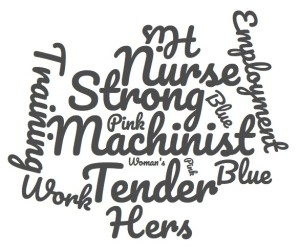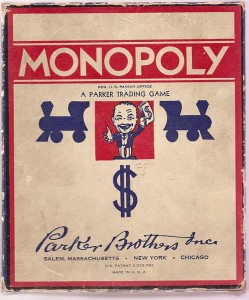 Empathy, intimacy, learning to read body language and understanding how to talk face-to-face are crucial parts of being human, but now that we spend hours in front of our tiny glowing smartphone screens, scientists fear we are losing our ability to communicate. According to MIT sociologist Sherry Turkle, these hours devoted to Facebook, games and texts are hurting our capacity to be present with other humans.
Empathy, intimacy, learning to read body language and understanding how to talk face-to-face are crucial parts of being human, but now that we spend hours in front of our tiny glowing smartphone screens, scientists fear we are losing our ability to communicate. According to MIT sociologist Sherry Turkle, these hours devoted to Facebook, games and texts are hurting our capacity to be present with other humans.
When was the last time you chose a walk with a friend over a text or PM chat?
What are we teaching all the children who are playing on phones instead of interacting with those around them?







